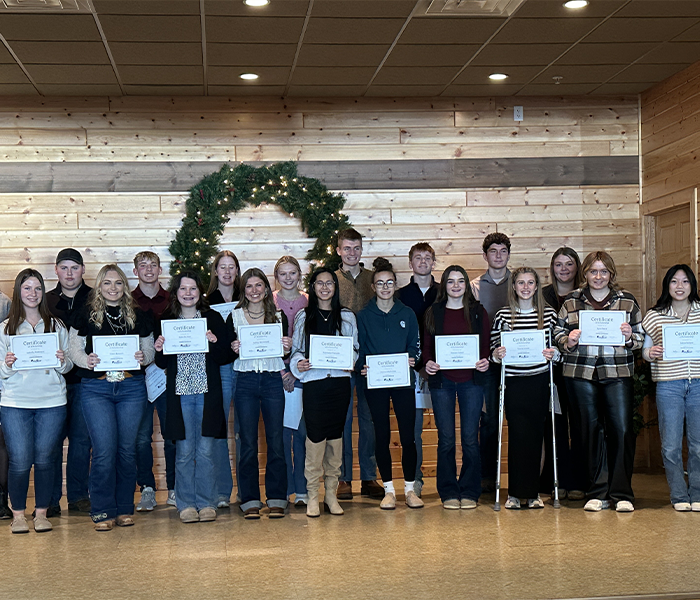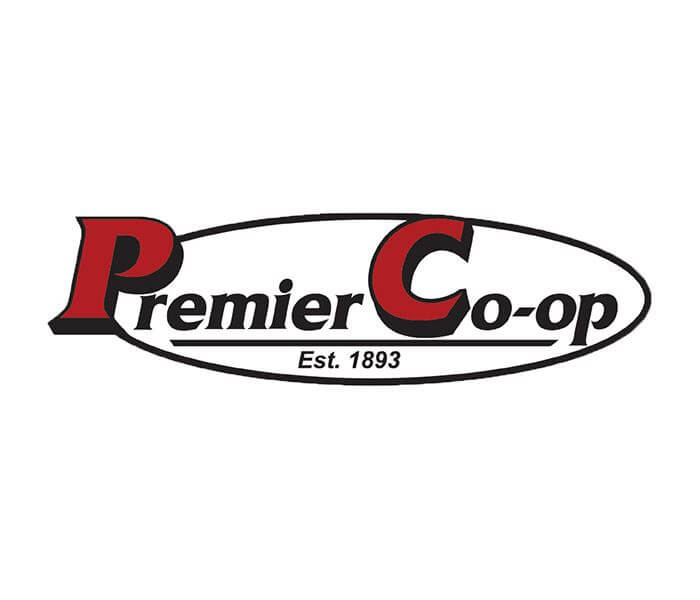Protect Against Ammonia Volatilization
Maximize your yield by supplementing nitrogen, sulfur or other valuable micronutrients when the crop’s needs are at its highest demand. Including a nitrogen stabilizer like ANVOL can reduce cumulative ammonia loss to 12 percent, compared to losses of more than 30 percent with untreated urea¹.
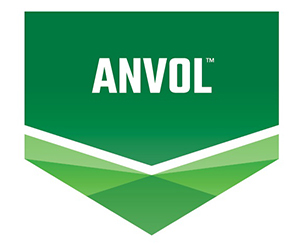 ANVOL® nitrogen stabilizer from Koch Agronomic Services is the next-generation urease inhibitor driven by
ANVOL® nitrogen stabilizer from Koch Agronomic Services is the next-generation urease inhibitor driven by
Duromide technology. Duromide was developed to extend the duration of urea volatilization protection
and minimize the overall amount of fertilizer applied.
When it comes to boosting yield results, ANVOL significantly outperforms untreated urea alone. 2016-2018 results across 8 site years with locations in Virginia, Kentucky, Illinois and Tennessee showed that ANVOL reduced nitrogen loss and boosted yields by an average of 31 bushels per acre compared to untreated urea².
The underlying data was provided by 1Louisiana State University and 2 Virginia Tech, University of Kentucky, University of Tennessee, University of Illinois and Pike Ag, LLC under a Research Trial Financial Support Agreement with Koch Agronomic Services, LLC and neither these institutions, nor the individual researchers referenced, endorse or recommend any product or service.
Contact your Premier agronomist today for more information on ANVOL®.
Ken Jahnke
Agronomy Sales Manager
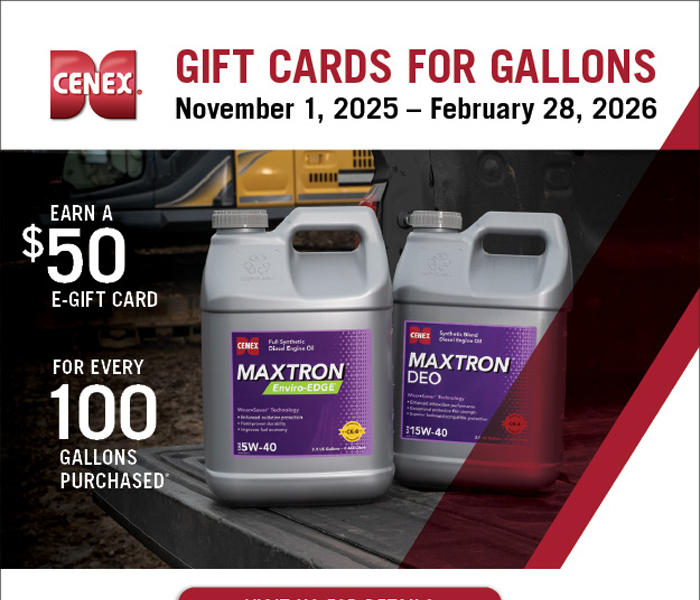
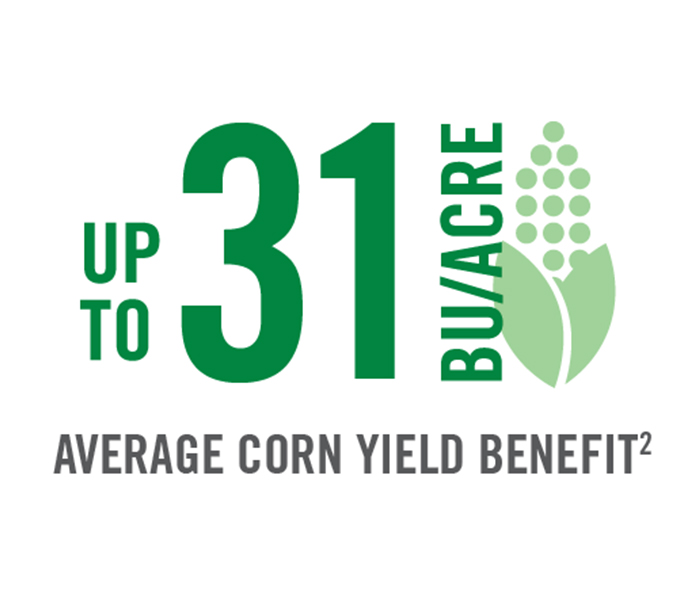
 ANVOL® nitrogen stabilizer from Koch Agronomic Services is the next-generation urease inhibitor driven by
ANVOL® nitrogen stabilizer from Koch Agronomic Services is the next-generation urease inhibitor driven by
